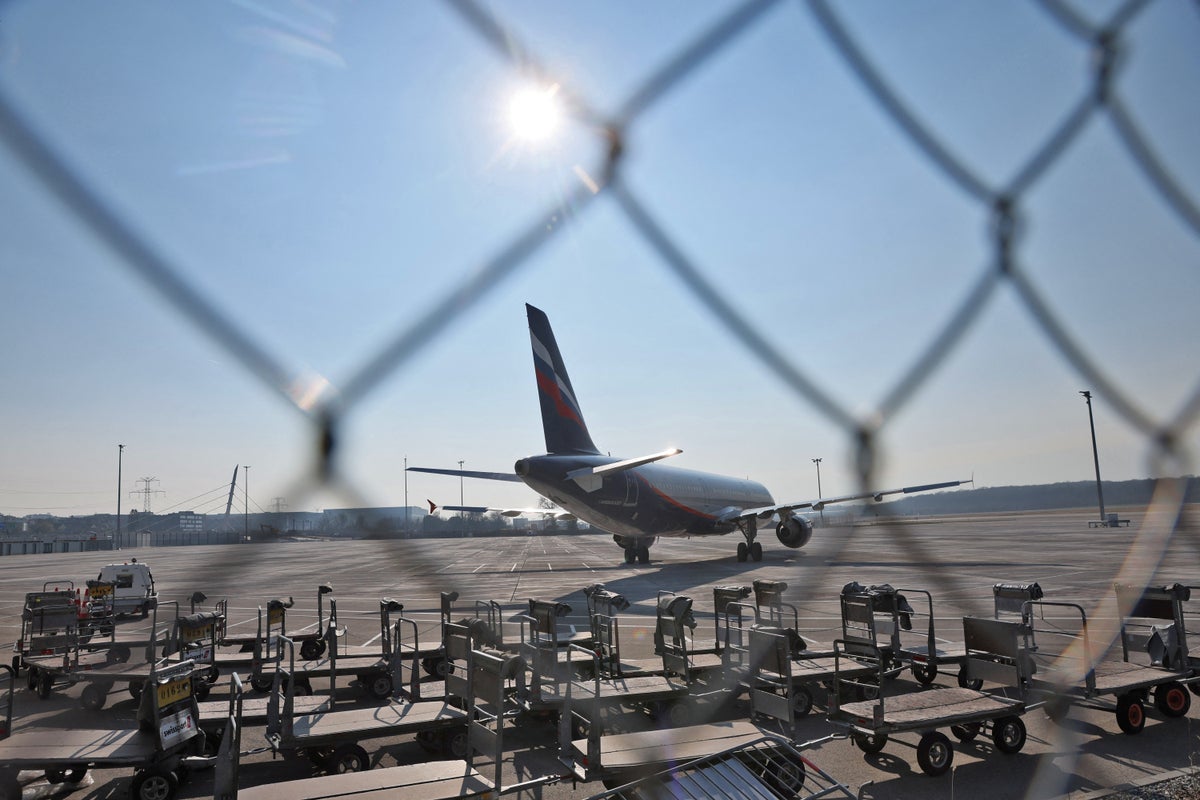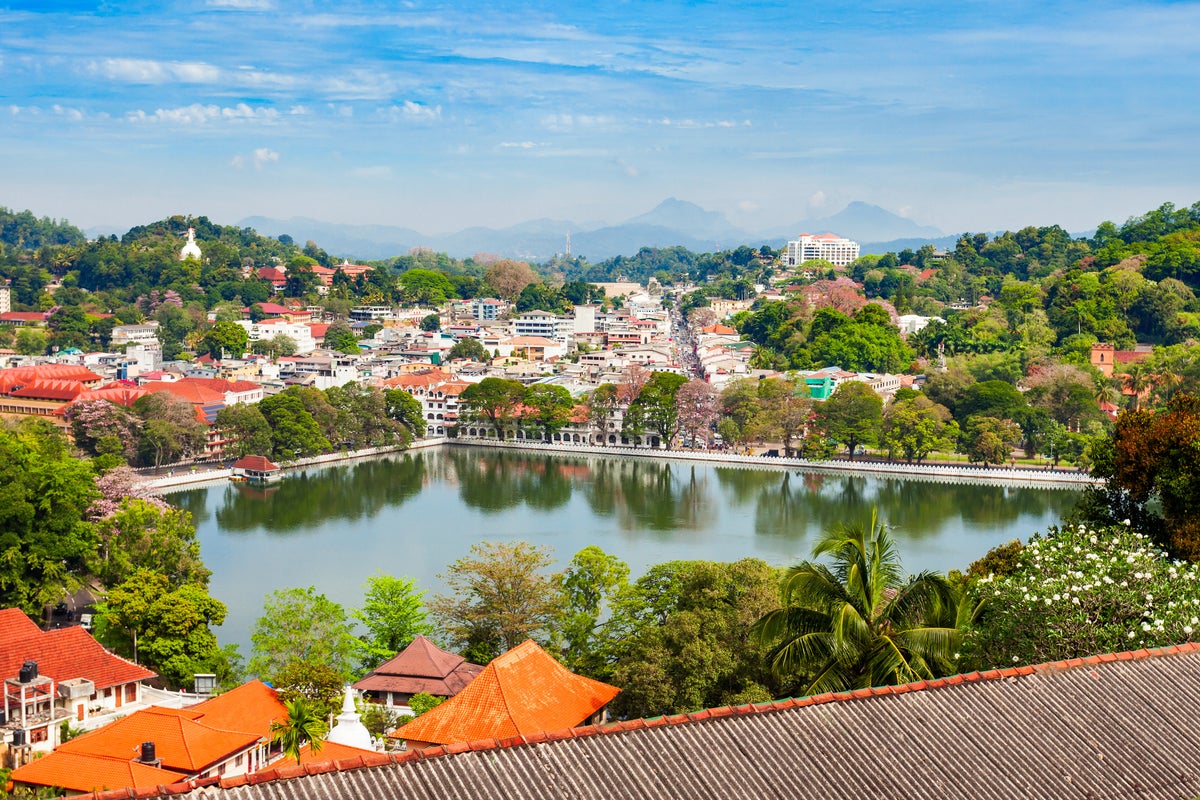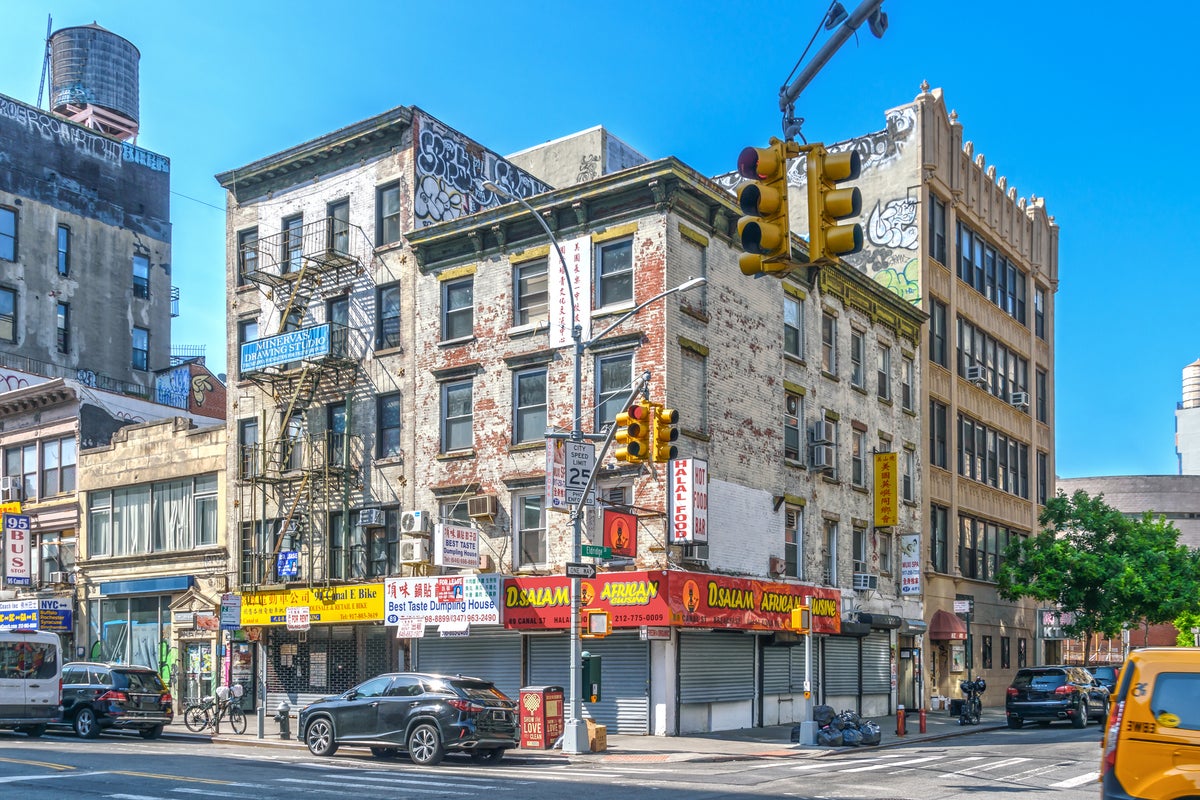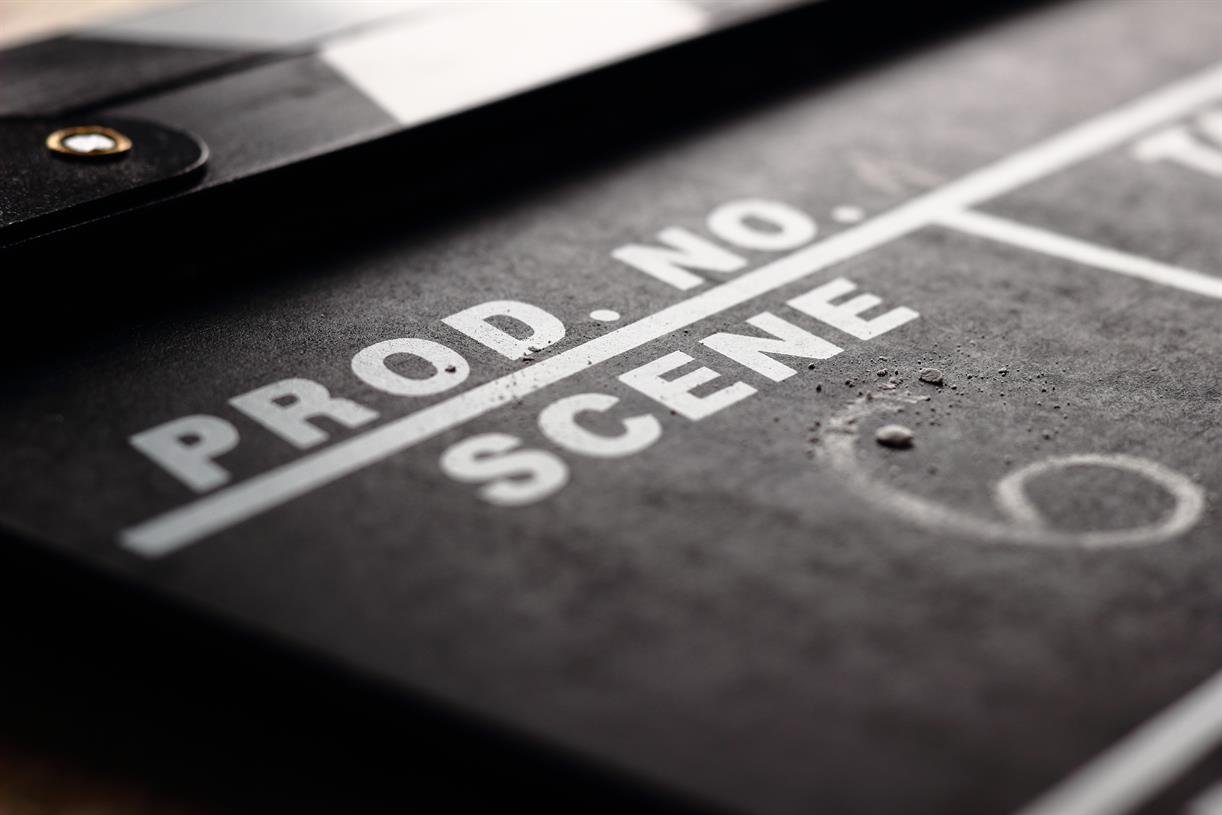Musk faces European anger over Twitter ban of journalists
Twitter suspended the accounts of several journalists covering Elon Musk, and now faces threats of future European sanctions.

Backlash against Elon Musk suspending journalists from Twitter Inc. has spread among senior European politicians, with threats of future sanctions and lawmakers leaving the platform.
“News about arbitrary suspension of journalists on Twitter is worrying,” said Commission Vice President Vera Jourova in a tweet. “There are red lines. And sanctions, soon.”
Twitter suspended the accounts of several prominent journalists—including from the Washington Post, CNN, and the New York Times—covering the social network’s billionaire owner Elon Musk, who alleged they were endangering his family. Musk said the suspended profiles were of people who had posted his real-time location, describing the information as “basically assassination coordinates.“
Read more: Twitter updates—tracking brand reactions to Elon Musk
Jourova—one of the EU’s more senior officials—cited the Digital Services Act and the Media Freedom Act, two major pillars of European tech regulation. The DSA—the EU’s content moderation rulebook which would ban arbitrary suspensions of accounts—was made law in the fall, but companies won’t start the compliance process until the summer. Companies like Twitter first have to report the number of users they have in the EU in February.
The European Commission proposed the Media Freedom Act in September to establish new safeguards for media. The plan is in the early stages of negotiations in the EU institutions.
The German Foreign Ministry also voiced its concern—via Twitter, stating that “#PressFreedom must not be switched on and off at will. As of today, the journalists listed below can also no longer follow, comment or criticize us. This means we have a problem @Twitter.”
Twitter has drawn criticism from the German government since Musk’s purchase of the platform, which is observing Twitter “with growing concern,” Christiane Hoffmann, a spokeswoman for German Chancellor Olaf Scholz said at a press conference on Friday morning. The government is still in the process of evaluating its policy on using the platform, Hoffmann said.
“From our point of view, freedom of the press is an extremely valuable asset that must be defended when it is called into question,” Christofer Burger, spokesman for Germany’s Foreign Office said.
The French minister in charge of industry Roland Lescure tweeted on Friday morning that he would suspend his account. “Following the suspension of journalists’ accounts by @elonmusk, I am suspending all activity on @Twitter until further notice,” he wrote. The French digital minister Jean-Noel Barrot tweeted he was “distressed by the drift in which Elon Musk precipitates Twitter.”
Although Europe currently has little power to penalize Musk for suspending journalists, he will soon have to contend with a litany of new rules for how he handles posts under the DSA, which will require platforms to take down illegal content and take more action against harmful content. He will also have to have content moderators to handle content in different EU languages.
Under the incoming EU rules, user accounts may be restricted or blocked—but they have to be informed, the grounds have to be set out and must be based on terms of use. Account holders have to be able to appeal the decision.
Before taking over the platform, Musk spoke openly against arbitrary or indefinite bans on users, especially taking aim at Twitter for banning former US President Donald Trump from the platform. These bans were also viewed critically by EU politicians at the time including former German Chancellor Angela Merkel.
Musk has reinstated Trump as well as right-wing commentators who were banned by previous leadership. Ye, the rapper formerly known as Kanye West, was reinstated but then banned again after tweeting a swastika.
—Bloomberg News

 UsenB
UsenB 































